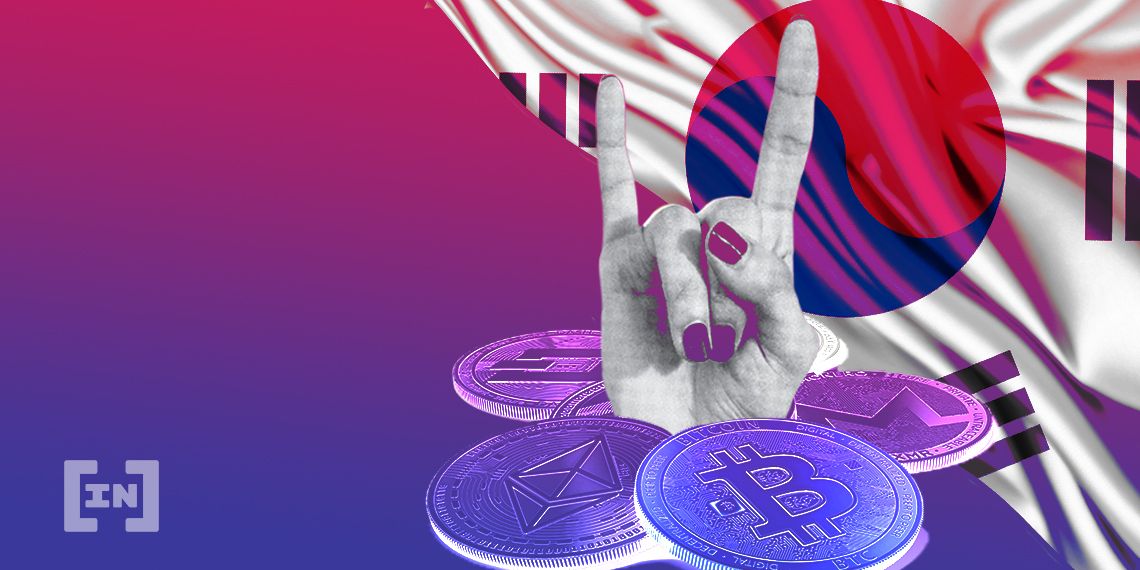2018-7-7 20:17 |
On July 6th, the Philippine central bank, Bangko Sentral ng Pilipinas (BSP), has approved applications filed by two new cryptocurrency exchanges.
Chuchi G. Fonacier, the deputy governor of the Bangko Sentral ng Pilipinas (BSP), reportedly said that the bank has approved the applications of ETranss and Virtual Currency Philippines, Inc., accrediting them as new platforms. With this move, the two crypto exchanges can legally convert Philippine pesos to cryptocurrencies.
Fonacier said that internal consultations advised against such a requirement in the interest of providing a streamlined registration process for new market players:
“Now, we are refining the rules. If your business model has a portion making use of e-wallet, then there’s an additional requirement but not necessarily or automatically an e-money license.”
The Anti-Money Laundering Council will begin observing cryptocurrency transactions closely in an attempt to crack down on black money. Companies will be obliged to report any transactions raising suspicion as well as covered transactions.
The central bank has previously proposed that crypto exchanges must secure separate licenses to operate as electronic money issuers. It has been studying whether the exchanges need to sign up as e-money issuers given that they maintain e-wallets for clients.
However, the publication reported Fonacier describing on Friday that “internal consultations showed that it may not be advisable, in a bid to keep the registration process simple for these new players.” If your business model has a portion making use of e-wallet, then there’s an additional requirement but not necessarily or automatically an e-money license.
Over the past several years conversions from the peso to digital currencies have grown significantly. In the first quarter, amounts totaled around $36 million per month covering transactions from two registered exchanges.
Earlier this year, the Philippine government announced it will allow 10 blockchain and crypto companies to operate in the Cagayan Economic Zone. Firms are expected to generate employment for local residents in exchange for tax breaks. CEZA reportedly announced that it is drafting regulations for cryptocurrencies and planning to license 25 crypto companies.
origin »Bitcoin price in Telegram @btc_price_every_hour
Time New Bank (TNB) íà Currencies.ru
|
|






















